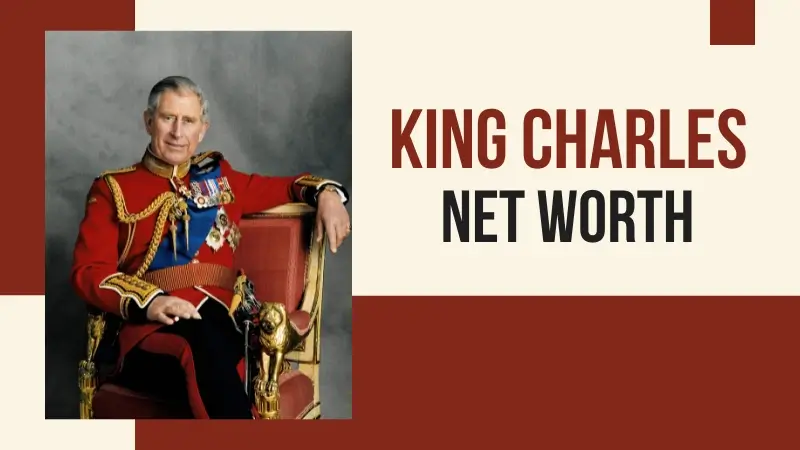
King Charles III, formerly known as Prince Charles, ascended to the British throne following the passing of Queen Elizabeth II. As the new monarch, King Charles not only inherits ceremonial duties and historical responsibilities but also becomes the overseer of vast royal assets and financial portfolios.
With a lifetime of preparation for kingship, Charles has developed into a seasoned leader with a deep interest in environmental issues, architecture, and sustainable living.
But beyond the crown and titles, many people wonder: What is King Charles net worth? In this article, we dive deep into his financial empire, personal wealth, inherited properties, and the sources behind his fortune.
King Charles Net Worth & Biography
| Full Name | Charles Philip Arthur George |
|---|---|
| Royal Title | King Charles III |
| Date of Birth | November 14, 1948 |
| Age (as of 2025) | 76 |
| Place of Birth | Buckingham Palace, London, England |
| Nationality | British |
| Profession | Monarch, Head of State, Philanthropist |
| Reign Began | September 8, 2022 (following the death of Queen Elizabeth II) |
| Coronation Date | May 6, 2023 |
| Education | Trinity College, Cambridge; Royal Air Force College Cranwell |
| Military Service | Royal Navy (1971–1976) |
| Spouse | Queen Camilla (married in 2005) |
| Children | Prince William, Prince Harry |
| Residence | Buckingham Palace; Clarence House; Highgrove House |
| Private Estates | Sandringham Estate (£250 million), Balmoral Castle (£210 million) |
| Inherited Assets | Estimated ~£125 million in personal investments and properties |
| Duchy of Lancaster | Annual income of ~£24 million; asset value ~£652.8 million (held in trust) |
| Crown Estate | ~£15.8 billion (held in trust; not part of personal net worth) |
| Royal Collection | Priceless art and artifacts (held in trust for the nation) |
| Major Holdings | Real estate, artworks, vintage cars, rare books, and private jewels |
| Taxation | Voluntarily pays income tax on private income since 1993 |
| Charity Work | Founder of The Prince’s Trust and multiple other philanthropic organizations |
| King Charles Net Worth (2025) | Estimated at £640 million (~$850 million USD) |
| Source of Wealth | Private estates, investments, inheritance, Duchy income, personal holdings |
Family
King Charles is the eldest son of Queen Elizabeth II and Prince Philip, Duke of Edinburgh. He became heir apparent at the age of three and held the title of Prince of Wales for over seven decades. —a royal journey that parallels vajiralongkorn net worth, where inherited power, long-standing lineage, and royal responsibilities have played a central role in shaping both influence and wealth.
He was married to Princess Diana, with whom he had two sons: Prince William, now the Prince of Wales, and Prince Harry, the Duke of Sussex. After Diana’s tragic death, Charles eventually married Camilla Parker Bowles, now known as Queen Camilla.
As a father and grandfather, King Charles plays a vital role in both private family matters and public royal life, maintaining a connection with multiple generations of the British Royal Family.
King Charles Net Worth
King Charles net worth is approximately $750 million USD. This figure includes both personal wealth and access to the Crown Estate, Duchy of Cornwall, Duchy of Lancaster, and other royal holdings. While he does not “own” many royal properties in the traditional sense, he benefits from their revenues, usage, and prestige.
His personal wealth comprises inheritances, investments, property portfolios, and private art collections, much of which grew substantially during his decades as Prince of Wales. With the accession to the throne, his financial responsibilities and privileges have expanded further.
Age
King Charles was born on November 14, 1948, making him 76 years old as of 2025. He became the oldest monarch to assume the British throne, and despite his age, he remains active, engaged, and dedicated to modernizing the monarchy for a new era.
Personal Life
King Charles is known for his passionate advocacy for the environment, organic farming, and sustainable architecture. He often leads by example, having converted many royal residences to eco-friendly operations.
Charles is also an accomplished painter, author, and philanthropist. He leads a quiet but refined lifestyle, dividing time between royal duties, charity work, and private family moments. His public appearances continue to reflect dignity, tradition, and a touch of modern reform.
Despite decades of scrutiny, Charles has remained resilient, adapting to societal changes and balancing the weight of royal heritage with personal conviction.
Professional Life
As the longest-serving heir apparent in British history, King Charles held numerous responsibilities even before becoming king. He managed vast estates, led charitable foundations, and represented the monarchy on international platforms.
Highlights of His Roles:
Upon becoming king, Charles took on the constitutional duties of the monarch, including state visits, public ceremonies, and governmental approvals. His decades of experience have made the transition to kingship seamless.
Success Journey
King Charles’ journey to the throne was a lifelong preparation. Throughout his early years, he was educated at elite institutions such as Gordonstoun School and Trinity College, Cambridge, later serving in the Royal Navy.
Though often under the public microscope, Charles steadily built a reputation as a forward-thinking and compassionate royal. His establishment of The Prince’s Trust, along with support for organic farming and climate action, has reshaped the image of the modern monarch.
From being a young royal navigating personal and public challenges to becoming the sovereign of the United Kingdom, King Charles’ journey exemplifies resilience, dedication, and vision.
Source of Income
1. Duchy of Cornwall (Before Kingship)
Before becoming king, Charles managed the Duchy of Cornwall, a private estate established in 1337. The estate generated over $25–30 million annually, providing Charles with his personal income.
2. Duchy of Lancaster (As King)
As monarch, King Charles now controls the Duchy of Lancaster, which generates over $30 million USD annually. These revenues fund the Privy Purse, used to support royal expenses not covered by public funds. —a structure of royal wealth management that resembles hassanal bolkiah net worth, where vast personal and sovereign assets contribute to one of the world’s most financially powerful monarchies.
3. Crown Estate Access
While he doesn’t personally own the Crown Estate, it is a vast real estate portfolio generating hundreds of millions annually. A portion of this is used to fund the monarchy through the Sovereign Grant.
4. Personal Inheritance
Charles inherited valuable art collections, antiques, and estates from his parents and ancestors. This includes Balmoral Castle and Sandringham House, which are privately owned, not part of the Crown Estate.
5. Book Royalties and Public Speaking
Charles has published several books on architecture, gardening, and the environment, contributing modestly to his overall income. His public speaking engagements also contribute to his visibility and influence.
6. Private Investments
The king holds private investments, including blue-chip stocks, sustainable funds, and real estate holdings, which provide long-term financial security.
Major Assets and Properties
While these residences are not fully owned in the private sense, Charles controls and uses them as part of his royal duties.
Major Achievements
His achievements span across governance, philanthropy, and societal influence.
Philanthropy and Social Contributions
King Charles has dedicated much of his life to charitable causes, especially through:
Even as monarch, his commitment to environmental sustainability and social justice remains central to his royal agenda.
From blockbuster checks to brand deals—track it on Diffense.
Frequently Asked Questions-FAQs
Final Verdict
With an estimated net worth of $750 million USD, King Charles III is not only a monarch but also a financial custodian of royal heritage and modern wealth. His fortune is a blend of inheritance, estate revenues, investments, and royal entitlements, carefully managed over decades.
Charles’ unique blend of traditional values and forward-thinking leadership has redefined what it means to be king in the 21st century. As he continues to lead the monarchy into a new era, his financial legacy and social contributions position him as both a royal and a global figure of responsibility and resilience.
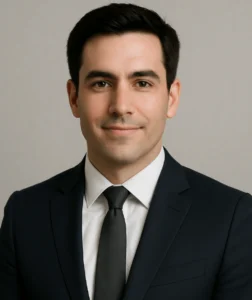
James Anderson
James Anderson is a skilled blogger and author at Diffense, recognized for his in-depth and well-researched articles covering net worth, fashion, lifestyle, technology, entertainment, business, and a variety of other trending topics.
Email: [email protected]
Related Posts
Top Posts
Stay In Touch
Latest Reviews
Subscribe to Updates
Get the latest creative news from FooBar about art, design and business.

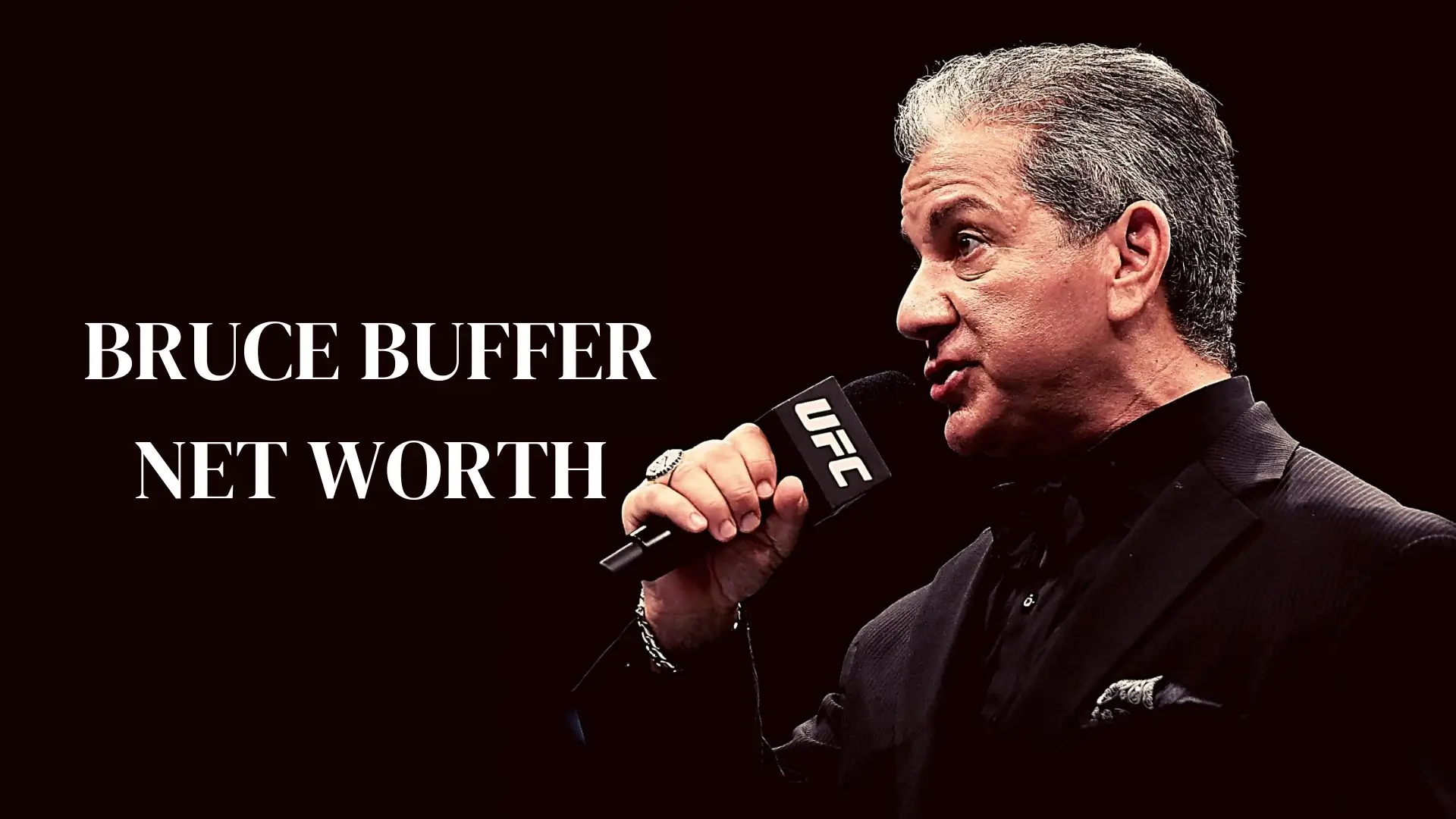


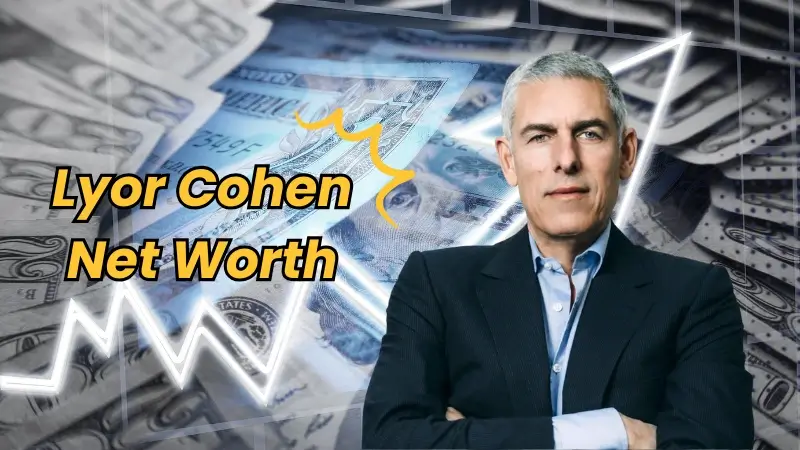


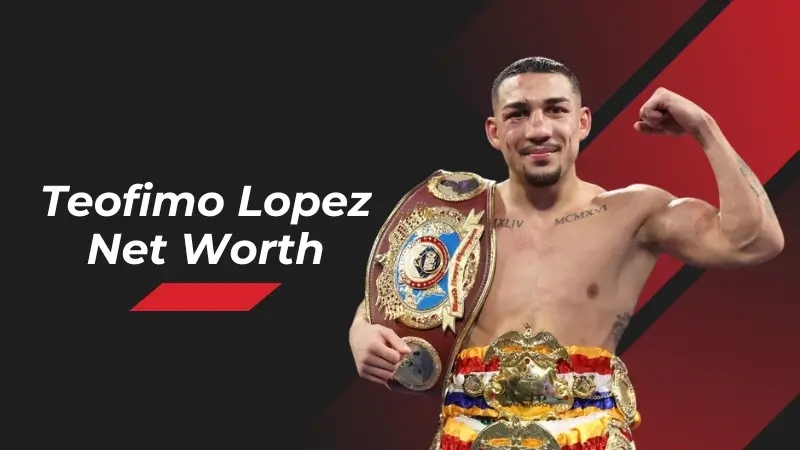

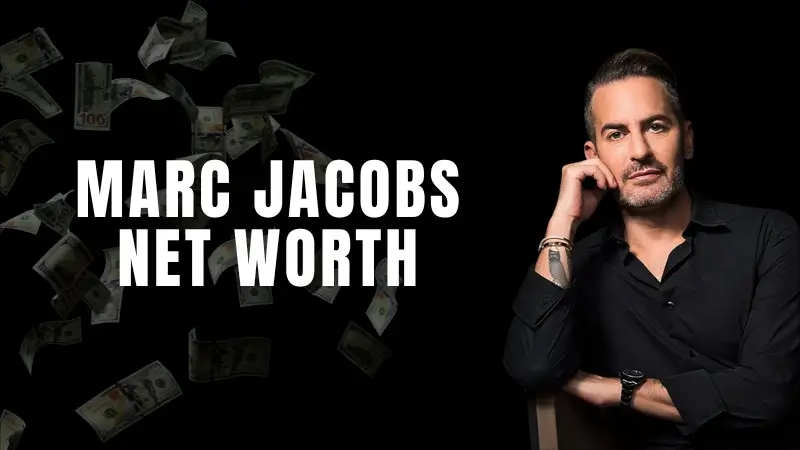
Leave a Reply